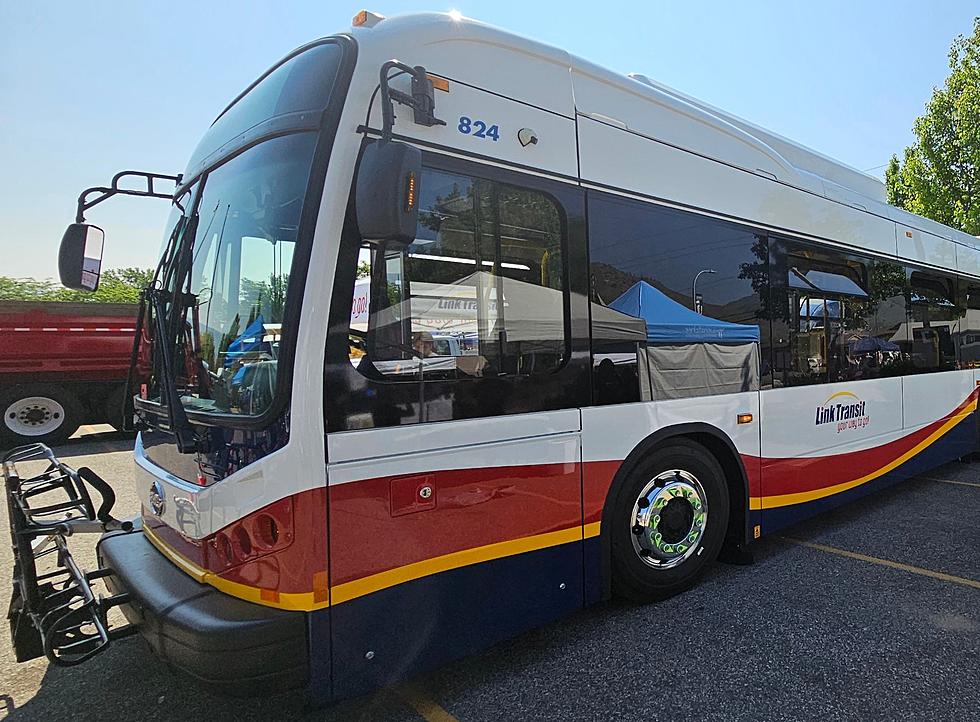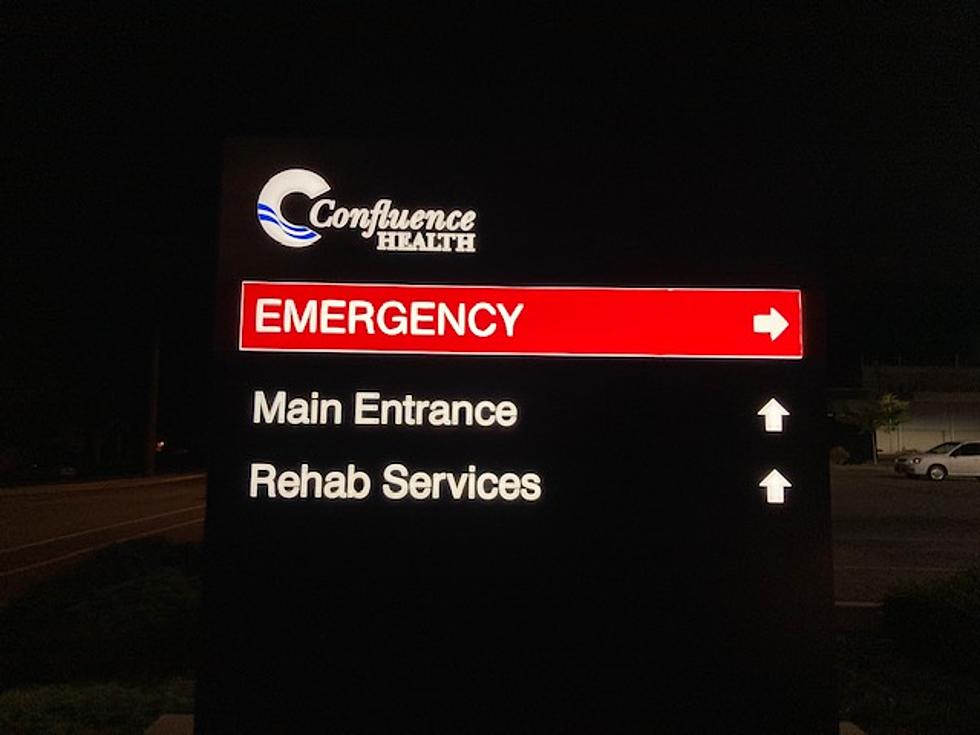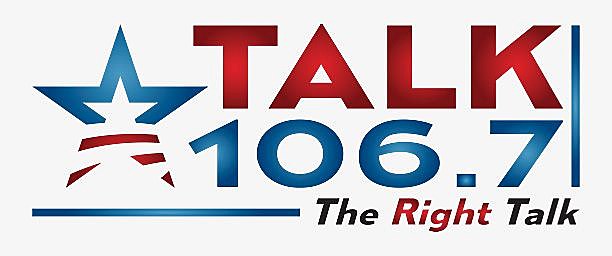
Link Transit To Go Fully Electric By 2026;Driver Shortage Lingers
Link Transit is moving to fully electrify its buses in the short term.
Current plans call for the entire fleet to be electric by 2026, which would make it the second transit service in the country to do so.
Link Transit CEO Richard DeRock says it makes sense to convert the buses quickly.
"We can show the math that it's more economical," said DeRock. "They're a much more comfortable vehicles to ride on, so it's better for our communities. Plus, it's cleaner as well. And they're much quieter. That's another benefit out of them.”
DeRock says the cost to operate electric buses in Chelan and Douglas counties is far cheaper than gas or diesel buses, even though they're more expensive to buy.
One of the major challenges facing Link Transit is a shortage of drivers.
It needs 23 drivers to fully operate the system and increase the frequency of buses.
DeRock says there are a number of reasons for the shortage, including the latency of marijuana showing up in the required drug testing.
"Someone who's a recreational user, I don't want anyone who's driving high, that's not the point," DeRock said. "But someone who's a recreational user cannot drive for us because they could not pass a drug test."
The federally required drug test for bus drivers has a latency of 6-8 weeks for marijuana versus 8-12 hours for other drugs.
DeRock says the other reasons for the driver shortage are the competitive market for commercially licensed operators and the transit's comparatively low wages.
He said a new union contract to be ratified in April would help bring wages in alignment with the market.
He also noted the shortage is the result of an unwillingness among drivers to work weekends.
DeRock made the comments while making a presentation on Link Transit before the East Wenatchee City Council this week.
Some of the numbers included in his presentation:
Link is averaging 3,091 average daily boardings, which is 92 percent of pre-COVID levels for the transit.
DeRock said the figure places the service among the top 10 transits in the country.
He said the pandemic devastated transit systems overall, with larger cities only reaching 50-60 percent of pre-COVID levels.
Link Transit's total ridership is 97 percent of pre-pandemic levels, largely the result of the addition of Sunday service during the pandemic and the expansion of Saturday service. DeRock said weekend ridership has grown while commuter ridership has dwindled over the same time period.
The transit has 155 employees along with the shortage of bus drivers.
Link committed to a 40 expansion of service after residents passed a sales tax increase in 2020 but have only been able to fulfill about 40 percent of that obligation because of the driver shortage.
One recurring theme throughout DeRock's presentation was the need to increase the frequency of bus service on routes.
He said research shows only about 30 percent of the population can read a bus schedule. He said ridership increases dramatically when people know they can get on a bus frequently, without having to look at a schedule.
DeRock noted the transit has money to spend after receiving $17 million in federal pandemic relief money.
More From Talk 106.7









